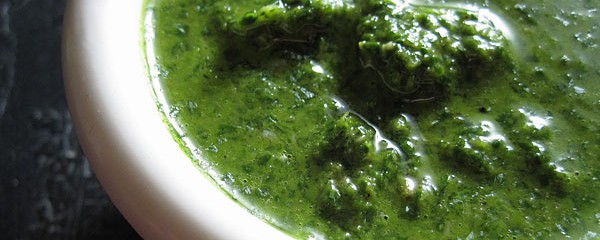Should you do a cleanse

If you’ve been on the Internet at any point in the past decade, then you’ve probably heard of cleanses. They come in all different shapes and sizes, from juice cleanses to cayenne-and-lemon-water cleanses, but they all have one thing in common: they’re having a major moment right now.
Celebrities swear by cleanses; juice bars are popping up all across the country; even some purported health “experts” recommend cleanses as a way to reset the body.
But are there really any benefits to cleansing? Dietitians, doctors, and those who’ve actually tried cleanses all seem to agree: the perks of cleansing are few and far between, if they exist at all. And the promises that cleanses make fall flat in most instances.
Typically, a cleanse consists of a few days of a liquid-only diet, which typically means fruit and veggie juices—although, in some stricter cleanses, it may mean just water infused with lemon and cayenne pepper (think the Master Cleanse). There’s really no research to support the idea that this portion of a cleanse detoxifies the body, according to dietitian Marie Spano and M.D. Michael Smith. That’s because the body really doesn’t need any help getting rid of toxins in the first place, as long as your organs are in working order.
The liver and kidneys work together to filter the blood, ensuring that no filth makes it back into your veins. The small and large intestines also get rid of waste that comes from your food. No amount of cayenne pepper or cold-pressed organic juice will enhance or decrease the functioning of these organs, so the claim that cleanses can detoxify holds no water.
However, there are some aspects of cleanses that are beneficial to the body, whether or not they really detoxify it. For instance, most cleanses cut out caffeine, alcohol, and tobacco, substances that all naturally bring toxins into the body. So although the cleanse itself doesn’t really do away with these toxins, you’ll be getting less of them in the first place, which makes you feel better.
Then there’s the fact that many cleanses incorporate fresh fruits and vegetables, something that the typical American doesn’t get nearly enough of on a daily basis. With the added boost of vitamins and minerals, including vital antioxidants and phytonutrients, you might find that you do have more energy than when you’re eating processed foods and lots of meat. Again, this doesn’t have to do so much with the “cleanse” part of the process, but rather with the fact that you’re cutting out junk foods and replacing them with healthier options.
This all being said, the best way to do a “cleanse” is to skip the juice (which is mostly sugar, anyway) and commit to “clean eating” instead. Clean eating is a flexible term, but it generally refers to eating mostly fruits, vegetables, and whole grains, and adding sources of lean protein to the mix occasionally. The more plant-based proteins, the better, since they don’t contain the high levels of saturated fats like meats do. The result? You’ll bypass the pitfalls of a cleanse and reap the benefits of a healthy diet.
Should You Go On A Cleanse? [Bodybuilding.com]
The Truth About Detox Diets [WebMD]
Do You Really Need A Detox Diet Cleanse? [Prevention]